 FILM
FILM « In Which We Charm Absolutely No One »
 Tuesday, January 17, 2012 at 10:17AM
Tuesday, January 17, 2012 at 10:17AM 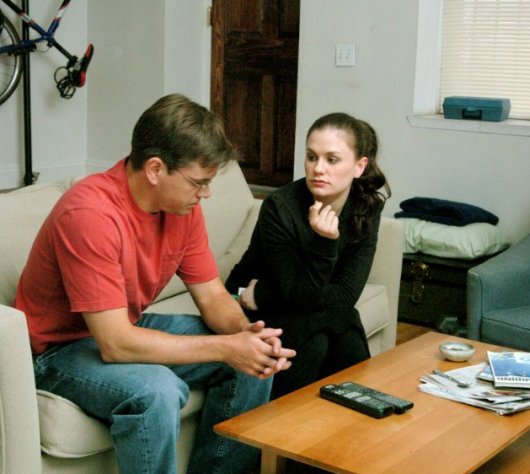
Notes on Margaret
by DURGA CHEW-BOSE
Margaret
dir. Kenneth Lonergan
150 minutes
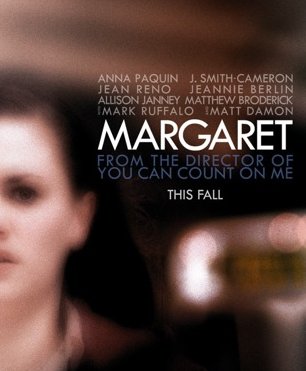 Kenneth Lonergan’s hold on the countless ways we fail to communicate is Margaret’s most bewitching coup. Rather than gaining mileage from what is unsaid, his teenage protagonist, Lisa Cohen (Anna Paquin) clashes with each person in her ever-growing sphere as she tries to reconcile with a fatal bus accident in which she feels partly responsible.
Kenneth Lonergan’s hold on the countless ways we fail to communicate is Margaret’s most bewitching coup. Rather than gaining mileage from what is unsaid, his teenage protagonist, Lisa Cohen (Anna Paquin) clashes with each person in her ever-growing sphere as she tries to reconcile with a fatal bus accident in which she feels partly responsible.
Discovery, as Lonergan lays bare, is often achieved with fight. Shushing, shouting, crying, dismissive arm-waving, passively listening, correcting someone’s grammar, mimicking, misunderstandings, storming out and slamming doors, all inch Lisa further from resolve but closer to breaking through her childhood safeties and habitat, the Upper West Side — a character unto itself in Margaret.
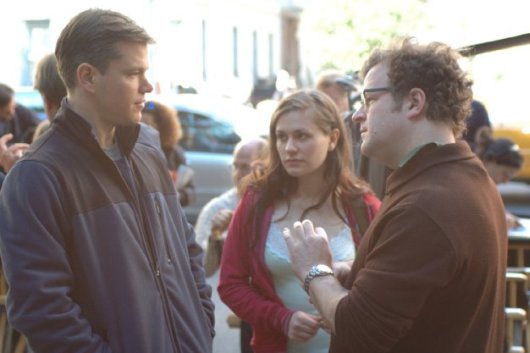
Anna Paquin is terrific as a teenage girl. She struts to her desk. She pouts. She still has baby fat. Her skirt is too short and her henley shirts, too tight, but with stretched sleeves to pull over her hands in more contemplative, panicked moments. Her hair is greasy at the roots. Her eyeliner, reapplied regularly. Her eyebrows are over plucked and her stare is restless no matter the emotion — eagerness turned frustration, grief turned anger. Her attitude thaws with adults who outdo her wit or minutes before she loses her virginity.
On screen, teenage rebellion is charming. But not Lisa Cohen’s. Hers is not easy to look at — it overcompensates, it’s at times ugly and a bit ridiculous. It’s authentic. For years on screen, Kirsten Dunst sought to be Lisa Cohen.
In one scene she wanders drunkenly around a party, stumbling from a boy named Paul to another boy named Darren. She is bold and willing with Paul in the bathroom but it’s the way her body flops down on the floor in the hallway to make-out with Darren, only to struggle as she gets up, that is exact.
Lisa Cohen is both the heroine in a 19th century novel and a character from a post 9/11 graphic novel.

Margaret is cut somewhat messily; some jumps are more abrasive than others. In this way, everyone’s story is told alongside Lisa’s. Everyone is defenceless, including the audience.
She dismisses a boy’s phone call and we are immediately dropped in his bedroom where he sits on the edge of his bed, crying beside his Pavement poster.
A conference call with lawyers and loved ones, and Lisa, contrasts with three New York buildings — Lisa’s urgency calmed momentarily, not by a parent or a friend, but by her city.
“What’s Indiana like?” Lisa inches in to ask her teacher. They are sitting on the couch in his sublet. Seconds later the camera cuts away, and in the next scene, she stands at his front door as he apologizes for what just happened.
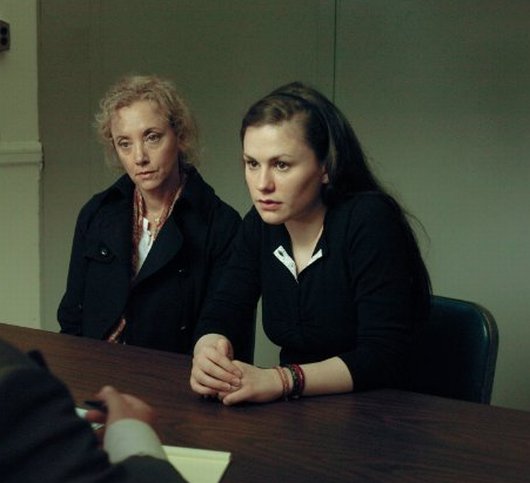
Like Maurice Pialat in A Nos Amours, who too directs and plays the father of a teenage daughter, Lonergan is Karl, Lisa’s dad who lives in California, remarried. Shots of Karl pacing outside his beachside house as he speaks somewhat idly to his daughter, contrast with her relentlessly shifting world. His sky is blue and empty while wide shots of Lisa walking home after school are peopled and hectic — a huddle of boys part as she digs her hands in her skirt pockets and passes them, bothered by the unwanted attention.
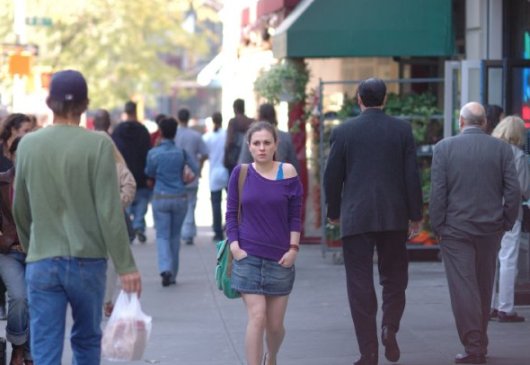
Margaret slows in parts to truly appraise emotions. Instead of dialogue as a tool used to forward plot, it rationalizes a character’s feelings. Lisa’s mother, Joan (J. Smith-Cameron) is dating a man named Ramon played by Jean Reno. One night she asks Lisa’s opinion about a date outfit. Their exchange is immediately cruel and spirals as if on each side, the breaks have jammed. But neither is in fact mad. Both are hurting and experiencing the kind of homelessness only possible in one’s own home, at the end of a week that crawled with failed attempts. A mother readying herself for a date is no match for a daughter afflicted with misunderstood angst.
Lonergan’s long takes ripen as Lisa’s emotions, no matter how sincere, heighten. It’s as if something on screen thickens, like batter, when the camera sticks with a conversation that at first appears to have no direction. It’s exhilarating.
At an outside terrace, Paquin, Jeannie Berlin, who plays a dear friend of the deceased, and a lawyer meet for lunch. They discuss legal options. Lisa interrupts a number of times. Salads are served. It brought to mind a scene in Olivier Assayas’ Summer Hours where three adult children, mourning the loss of their mother, discuss her will and the family’s summer home. They speak diagnostically much like in Margaret where emotions turn to equation. In both films, unglamorous details are entirely involving.
Durga Chew-Bose is the senior editor of This Recording. She is a writer living in Brooklyn. She last wrote in these pages about the city of Los Angeles. She tumbls here and twitters here. You can find an archive of her writing on This Recording here.
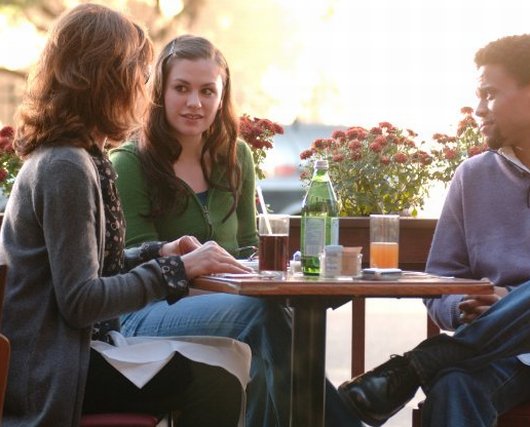
"Carolina" - The Gertrudes (mp3)
"Flashbulbs" - The Gertrudes (mp3)
"Six Jars" - The Gertrudes (mp3)
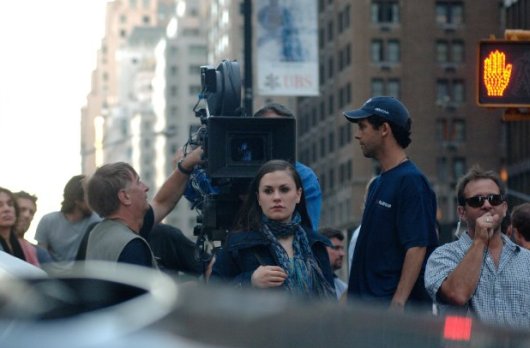






























Reader Comments